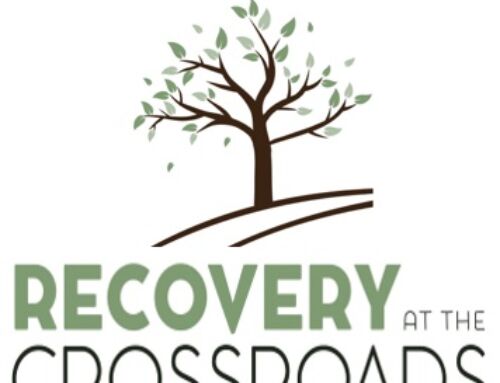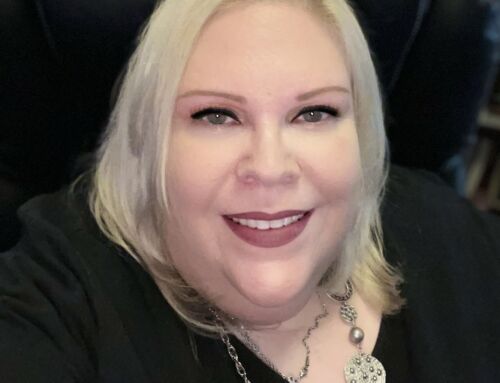When embarking on the road to recovery, many individuals find that an Intensive Outpatient Program (IOP) offers the balance they need between structured treatment and maintaining daily responsibilities. IOP serves as an essential middle ground, providing intensive care without the need to stay at a treatment facility full-time. This flexibility allows individuals to keep up with work, family, or school obligations while actively recovering. If you’re considering IOP addiction treatment, understanding what this type of care entails is crucial to making informed decisions about your path forward. Below, we’ll explore everything you need to know about IOP, from its core components to what makes it effective in supporting long-term recovery.
Understanding IOP Drug Treatment: The Basics
IOP drug treatment provides a flexible yet comprehensive option for those seeking help with substance abuse. Unlike long-term inpatient drug rehab, IOP allows individuals to live at home while attending therapy sessions multiple times a week. This structure benefits people with demanding schedules, providing the necessary support without stepping away from their day-to-day lives. The frequency of sessions ensures that individuals receive enough attention to address their addiction while practicing new coping skills in real-world environments.
The core of IOP drug treatment focuses on regular, scheduled addiction therapy, including individual counseling, group therapy, and educational sessions aimed at addressing the underlying causes of addiction. With professional guidance, you’ll develop coping strategies and life skills essential for long-term sobriety. Additionally, many IOP programs emphasize goal-setting and offer tools to track personal progress, helping participants stay motivated and engaged in their recovery journey.

Ready to take the first step toward recovery? Call us at (888) 342-3881 to learn how IOP drug treatment can work for you.
The Key Components of IOP Substance Abuse Treatment
IOP substance abuse treatment is built on key therapeutic components that address both the mental and emotional aspects of addiction. These programs provide a multi-faceted approach that focuses on addressing the underlying causes of substance use and equipping individuals with practical skills to prevent relapse. The structured nature of IOP ensures that participants receive continuous support while gradually transitioning back into their daily lives.
These programs typically offer:
- Individual Therapy: Personal counseling to explore triggers and challenges.
- Addiction Group Therapy: Peer support and shared experiences in a group setting.
- Family Therapy: Sessions to rebuild trust and improve communication.
- Educational Workshops: Information on addiction, relapse prevention, and stress management.
By participating in IOP substance abuse treatment, individuals gain the tools to manage cravings, cope with stress, and rebuild a healthy, sober life while having the flexibility to apply these skills in real-time. The program’s emphasis on continuous practice in real-life settings fosters a smoother transition to independent living.
What Makes an IOP Substance Abuse Program Effective?
Not all treatment programs are created equal. What makes an IOP substance abuse program effective is its ability to tailor the treatment experience to each individual. This personalized approach ensures that the therapy addresses not only the symptoms of addiction but also the underlying psychological and social factors that contribute to substance use. IOP helps individuals create a recovery plan that fits their unique needs by offering structured support and personalized care.
An effective IOP substance abuse program includes:
- Accountability: Regular check-ins and sessions help keep participants on track.
- Supportive Environment: With group and individual support, there is always someone to lean on during difficult moments.
- Evidence-Based Practices: Proven therapies like Cognitive Behavioral Therapy (CBT) and Dialectical Behavior Therapy (DBT).
Effective IOP programs also provide relapse prevention strategies, helping individuals identify potential triggers and develop proactive solutions for maintaining their sobriety.

Begin your journey in an effective IOP substance abuse program by visiting our admissions page and getting started today.
How IOP Drug and Alcohol Treatment Supports Long-Term Recovery
The goal of IOP drug and alcohol treatment is to equip individuals with the skills necessary for lifelong sobriety. The gradual approach of IOP allows individuals to practice new coping strategies in real-time, providing an ideal environment for learning how to manage life without substance use. This practical application, combined with professional support, makes transitioning out of treatment smoother and reduces the risk of relapse.
IOP drug and alcohol addiction treatment provides:
- Continued Support: Even after completing IOP, many programs offer alumni services or support groups to maintain sobriety. Ongoing support helps individuals stay connected to their recovery community and grow after treatment.
- Skill Building: Coping mechanisms, stress management techniques, and emotional regulation strategies are reinforced throughout the program. These skills are essential for navigating the complexities of life post-recovery, such as returning to work or rebuilding relationships.
- Relapse Prevention: A primary focus of treatment is understanding triggers and building resilience to avoid relapse. Participants are better prepared to handle high-risk situations through role-playing scenarios and guided practice.
By providing continuous care and practical skills, IOP drug and alcohol rehab lays the foundation for a healthier, more fulfilling life in recovery.
Is IOP for Addiction the Right Fit for You?
If you’re wondering whether IOP for addiction is the right path, consider your current situation. IOP is best suited for individuals who:
- Have a stable home environment. Home support plays a significant role in the success of outpatient substance abuse programs, as it provides additional encouragement and accountability.
- They are highly motivated to recover but need flexibility. IOP offers an adaptable solution if work, school, or family obligations prevent you from attending inpatient rehab.
- Do not require 24/7 medical supervision. IOP is ideal for individuals who can manage their symptoms and recovery without constant monitoring.
- Are transitioning out of inpatient rehab. For those stepping down from more intensive care, IOP provides the continued support necessary to maintain progress.
Assess your needs and lifestyle. IOP offers an adaptable solution for those who want the benefits of structured treatment while still managing their daily lives.
Wondering if IOP for addiction is right for you? Call (888) 342-3881 or visit our admissions page.
Taking the First Step Toward Lasting Recovery
Intensive outpatient rehab treatment provides a structured, supportive environment where you can begin your recovery journey while maintaining your everyday responsibilities. With professional guidance, flexible scheduling, and a strong support system, IOP can be the bridge to long-term sobriety. By balancing structured treatment with the ability to practice newly learned skills in everyday life, IOP offers a unique opportunity for growth and healing.



